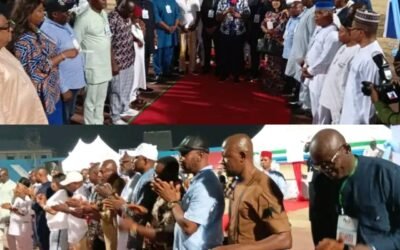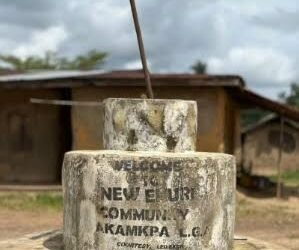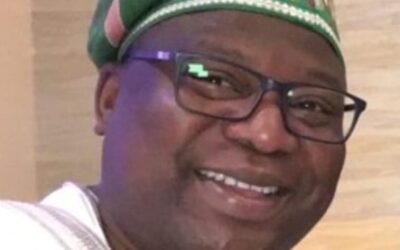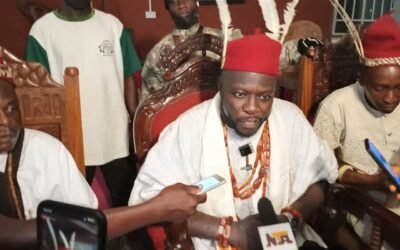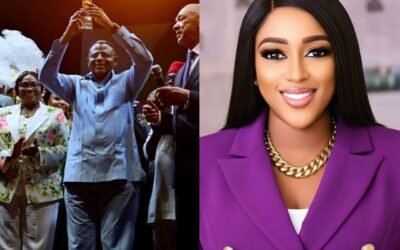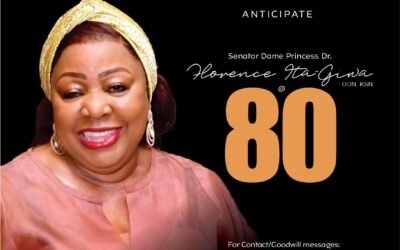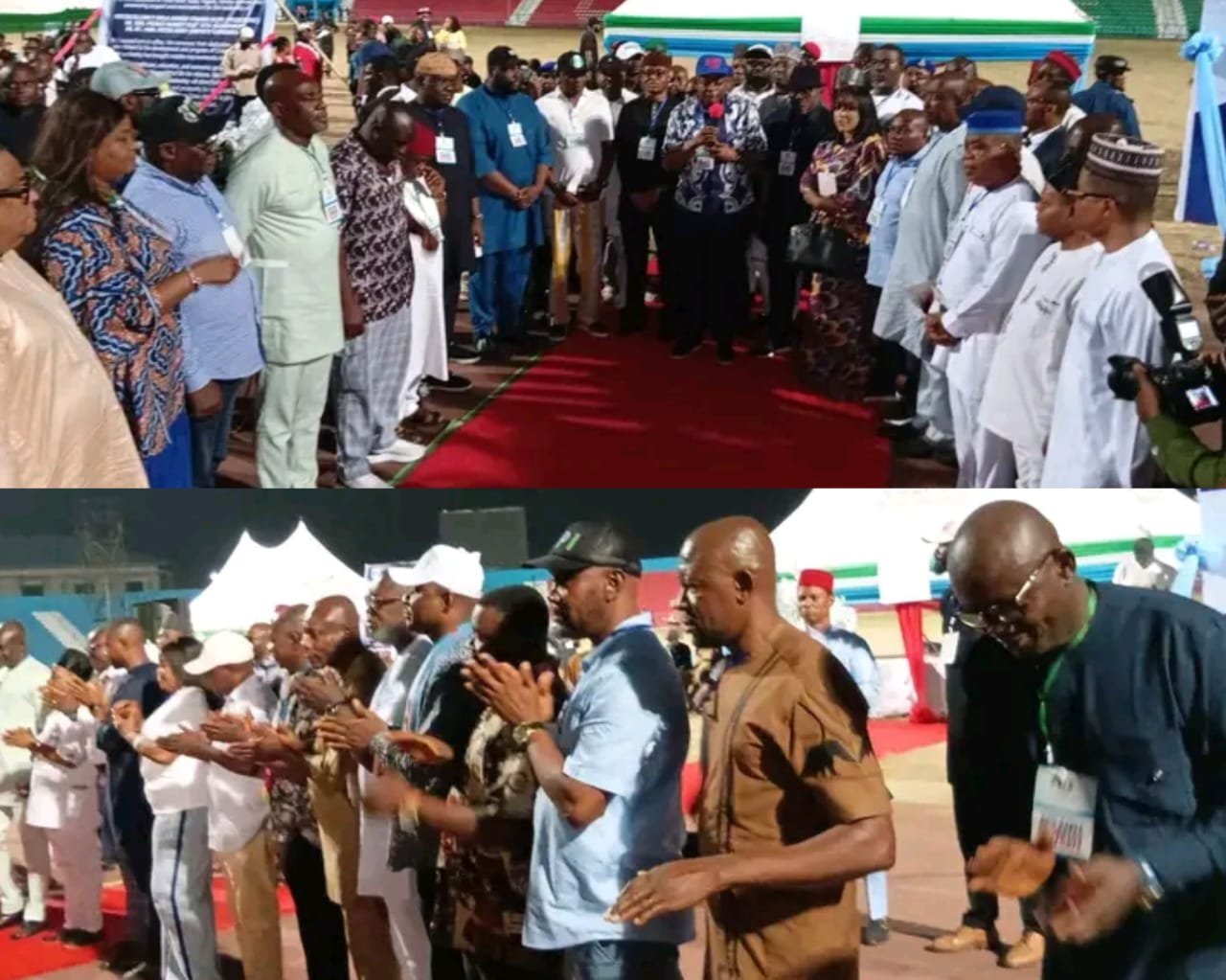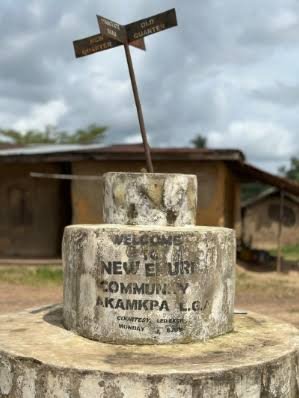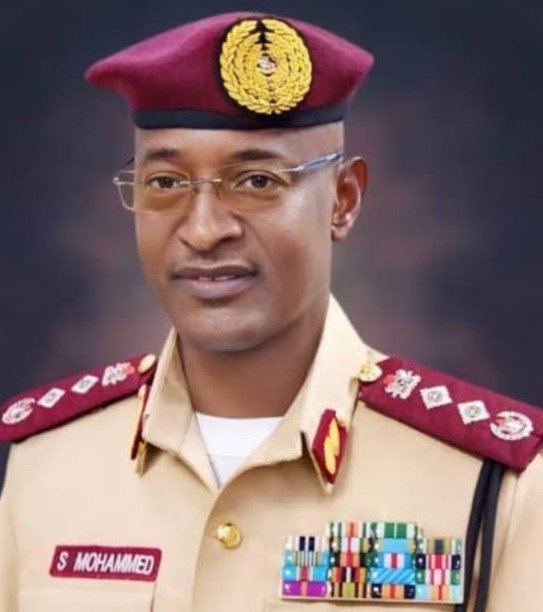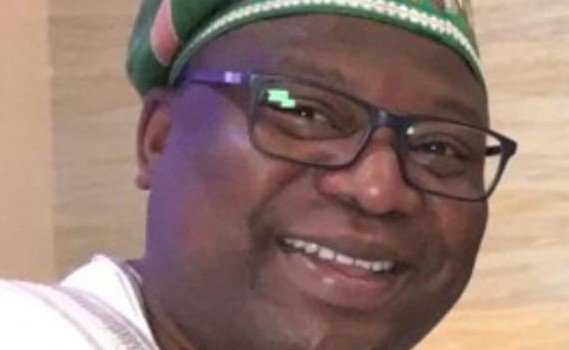Twelve northern Nigerian governors, prominent traditional rulers, and senior judges face potential sanctions from the United States amid allegations of complicity in what American lawmakers describe as a “Christian genocide” under Nigeria’s sharia and blasphemy laws.
The looming diplomatic move follows the designation of Nigeria as a Country of Particular Concern for religious persecution by President Donald Trump. Trump has instructed Secretary of State Marco Rubio to act swiftly on the matter.
In a Truth post last Friday, President Trump expressed deep concern, lamenting that “thousands of Christians are being killed in Nigeria.” He urged Congressman Riley Moore, Chairman Tom Cole, and the House Appropriations Committee to promptly investigate and report back.
The Nigeria Religious Freedom Accountability Act of 2025, sponsored by Republican Senator Ted Cruz, formally designates Nigeria as a “Country of Particular Concern” citing systemic persecution of Christians and other religious minorities. The bill aims to sanction public officials and religious leaders accused of promoting or tolerating violence.
Senator Cruz emphasized the severity of the crisis: “Religious persecution and violence against Christians and other religious minorities in Nigeria is endemic. Since 2009, over 52,000 Christians have been murdered, 20,000 churches and faith institutions destroyed, and dozens of villages wiped out. The federal and state governments have failed to act, and in many cases, they are complicit.”
The bill calls for the US Secretary of State to submit a report within 90 days of passage, identifying Nigerian officials who have “promoted, enacted, or maintained blasphemy laws” or “tolerated violence by non-state actors invoking religious justification.” Sanctions enforced under Executive Order 13818 could include visa bans, asset freezes, and financial restrictions.
Sharia law remains at the core of the controversy. Initially personal and moral regulation among Muslim communities in northern Nigeria, it expanded dramatically between 1999 and 2000 under Governor Ahmad Sani Yerima of Zamfara state. About 12 northern states have since adopted Sharia-based penal codes that include criminal law, affecting states such as Zamfara, Kano, Sokoto, Katsina, Bauchi, Borno, Jigawa, Kebbi, Yobe, Kaduna, Niger, and Gombe.
While southern and central states like Kwara, Kogi, Plateau, Benue, Nasarawa, Taraba, and Adamawa maintain secular legal systems with limited Sharia application, recent moves to introduce Sharia arbitration panels in Oyo and Ogun states caused tensions between Christian and Muslim communities.
The bill highlights that since the adoption of Sharia law in Zamfara in 2000, nearly all 19 northern states have incorporated blasphemy provisions, raising concerns of institutionalized religious discrimination.
The unfolding US response could significantly impact Nigeria’s political and religious landscape as international pressure mounts over ongoing religious violence.
